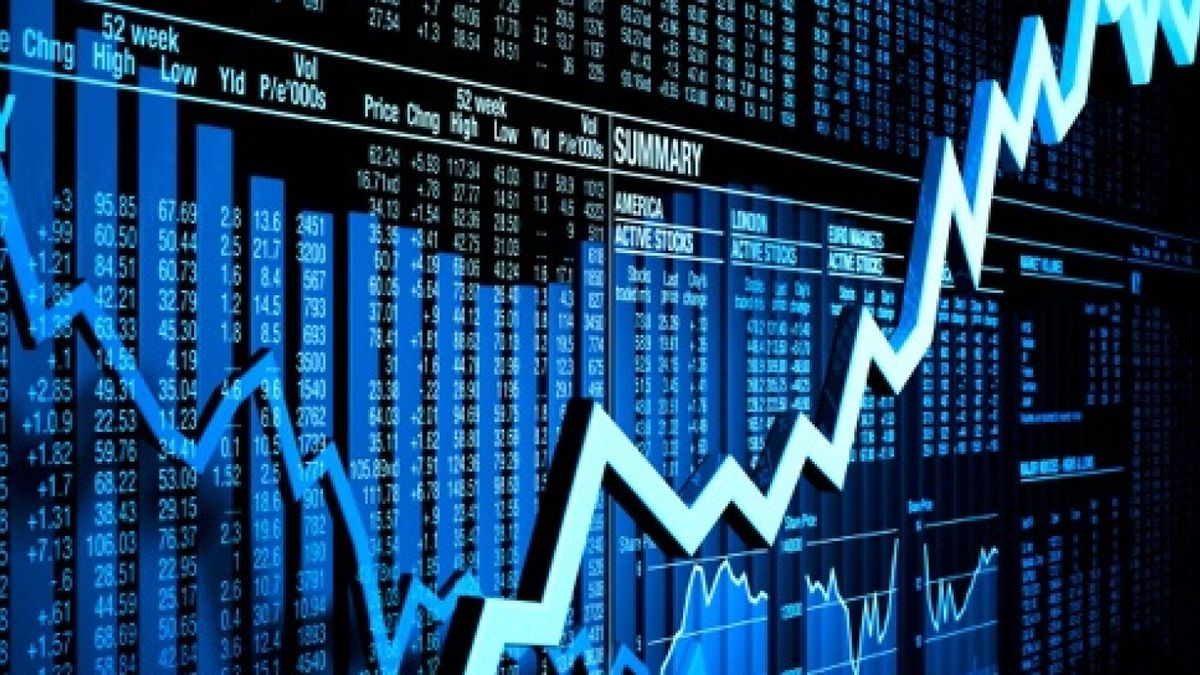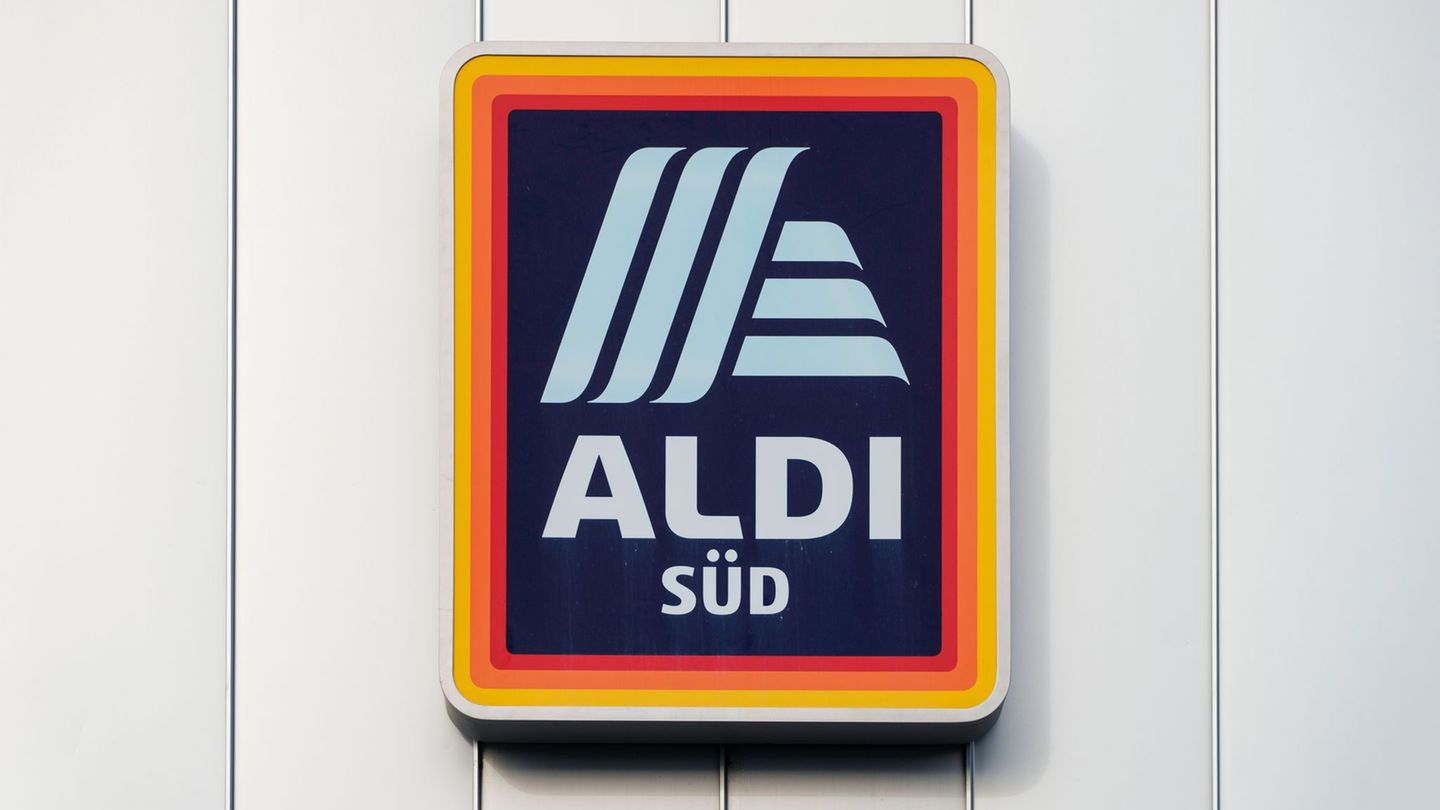In this framework, the BYMA S&P Merval index fell 2.3%, to 83,770.51 units, after losing 10% last week. In fact, it was down 6 of the last 7 wheels (accumulating a decrease of almost 13% since Thursday, November 11), and practically erased the monthly gains.
The casualties of bank BBVA (-6.2%), Telecom (-5.9%), and Loma Negra (-4.7%).
The volume traded in shares rose for the first time in 8 days, rebounding 10% to $ 1,735.7 million, representing a third of the total traded in equities (the amount traded by Cedears jumped almost 50% to $ 3,676.6 millions).
The leading panel accumulates, in any case, an improvement of 63.5% so far this year, compared to an inflation estimated by analysts close to 50%.
On Wall Street, meanwhile, the shares of Argentine companies closed with a majority of slight increases, after yielding more than 6% the day before.
Among the advances, the roles of Central Puerto (+ 4.7%); Ternium (+ 2.5%); IRSA Commercial Properties (+ 2.1%); and Pampa Energia (+ 2.1%), while the main drops were led by Vista (-4.2%); Free Market (-2.3%); Supervielle (-1%); and Globant (-0.7%).
“The market gave the feeling of having lost a good part of the optimistic expectations that it had been offering since the beginning of the month and was supported by the doubts that remain in the face of the variety of post-election scenarios, with a volatility in the prices that continues to be a protagonist of the scene “said Javier Rava, director of Rava Bursatil.
The global context also influenced the local stock market, given the concern about the European outbreaks of Covid-19, a potential hike in rates from the Federal Reserve and the strong devaluation of the Turkish lira.
Anyway, Wall Street achieved the majority of raises (S & P500 and Dow Jones rose), after Monday’s crash. The Nasdaq fell again before a new rise in the rate of the US 10-year bond (advanced 5 basis points to 1.67%), which led investors to sell shares of Tesla and other large technology companies.
Expectations are growing in the market for interest rate hikes next year, after Jerome Powell was nominated by President Joe Biden for a second term at the Fed.
“The market is being hit by a short holiday week, and it is taking direction from the recent rise in interest rates, giving investors additional reason to take profits in an overvalued market.”said Sam Stovall, chief investment strategist at CFRA Research.
For its part, WTI oil gained 2.6% to $ 78.70 after the US along with other countries (China, India, South Korea, Japan and Great Britain) announced a release of tens of millions of barrels of crude oil reserves to try to cool the market, after OPEC + producers ignored requests for more crude. However, the effect on prices is likely to be short-lived, analysts say, after years of declining investment and a strong global recovery from the Covid-19 pandemic.
Bonds and Country Risk
In the fixed income segment, and like stocks, the dollar bonds suffered losses of up to almost 5%, when adjusting for the negative variations of their New York peers. The most notable decreases were registered by Bonar 2038 and 2035 (-4.7%); for the Bonar 2029 (-4.1%); and for the Bonar 2030 (-3.8%).
Among the Globals -regulated under foreign law-, the Global 2030 led the setbacks, with -2.5%.
The weighted average price of the bonds sank to almost post-restructuring lows. Specifically, the basket is at US $ 32.05, just 0.2% from the minimum in March, but reflecting the maximum average rate at 19.9%. In addition to the fragile local situation, there is now a hostile climate in emerging debt, with the rise in rates in the US, highlighted an operator.
“Sovereign bonds in dollars lose 15% since the September primaries (STEP). The news about the result of the elections and the comments on the potential agreement with the IMF were not enough to boost the price of these assets”, said Paula Gándara, head of portfolio management at AdCap Asset Management.
“Only strong advances will determine the improvement in the prices of these bonds (…) The rumors of exchange splitting negatively affected the (financial) products that offer coverage against devaluation”, added.
Meanwhile, the Country Risk -prepared by the JP Morgan bank-, it climbed 1% to 1,798 points. During the day it reached 1,809 points, new historical maximum since the debt swap in 2020. A report by Portfolio Personal Inversiones (PPI) indicated that “the accumulated probability of default remains above 82%”.
Finally, sovereign bonds in dollar linked pesos continued to be offered and with few operations, losing 0.5% on average this Tuesday. In turn, the tranche of pesos with CER adjustment showed good demand and volume, rising 0.3% on average along the curve, with good liquidity in the TX22 and TX23, indicated from the SBS Group.
Source From: Ambito
David William is a talented author who has made a name for himself in the world of writing. He is a professional author who writes on a wide range of topics, from general interest to opinion news. David is currently working as a writer at 24 hours worlds where he brings his unique perspective and in-depth research to his articles, making them both informative and engaging.




